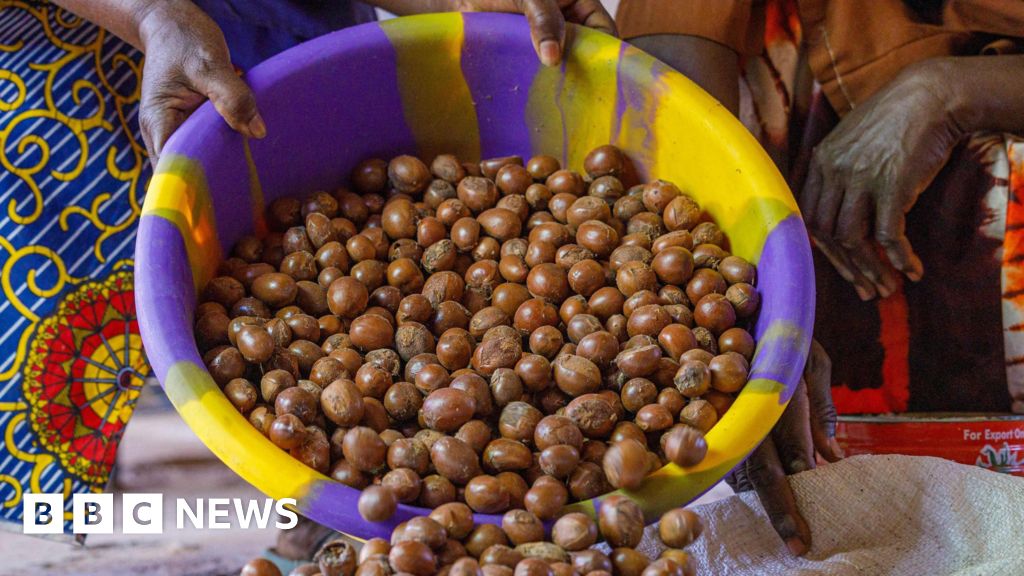A recent investigation has unveiled the alarming role of an Indian pharmaceutical company, Aveo Pharmaceuticals, in exacerbating the ongoing opioid crisis in West Africa. The investigation, conducted by BBC Eye, has revealed that Aveo is not only manufacturing unlicensed opioids but also exporting them illegally to countries like Ghana, Nigeria, and Côte d'Ivoire, where they are becoming a significant public health threat.
Based in Mumbai, Aveo Pharmaceuticals produces various pills under different brand names, designed to mimic legitimate medications. However, all these products contain a potent concoction of tapentadol, a strong opioid, and carisoprodol, a muscle relaxant known for its addictive qualities, which is banned in Europe. The combination is unlicensed globally and poses severe health risks, including breathing difficulties and possibly fatal overdoses. Despite these dangers, the low cost and easy availability of these opioids have made them popular as street drugs across West African nations.
The BBC investigation involved undercover work, including a visit to Aveo's factory in India where an operative posed as a businessman interested in procuring opioids for Nigeria. During a secret meeting captured on camera, Aveo's director, Vinod Sharma, acknowledged the harmful nature of their products but described the situation purely as "business." He indicated that the drugs could be misused for recreational purposes.
In Ghana, the repercussions of these drugs are visible, particularly in cities like Tamale, where local leaders have formed task forces to combat the rise of opioid addiction. One such task force has been active in raiding dealers and confiscating the dangerous pills, which have consumed the lives and potential of many young people in the community. An attack in one of the poorest neighborhoods yielded specially branded pills from Aveo, underscoring the widespread issue.
Nigerian officials report that opioids are pervading every community, with an estimated four million individuals addicted to various forms of these drugs. In response to a previous investigation, Nigerian authorities had aimed to curtail the availability of tramadol, a widely abused painkiller, which led Aveo to pivot towards the stronger tapentadol-carisoprodol combination as an alternative.
Medical professionals warn that this new product is even more hazardous than tramadol, leading to respiratory depression and deep sedation, potentially resulting in fatal overdoses. The dangers posed by this drug cocktail raise serious questions about the ethics of Aveo Pharmaceuticals and the implications for Indian drug regulation.
Despite the legality concerns, Aveo continues to export these harmful substances, violating both Indian law—prohibiting the manufacture and export of unlicensed drugs—and Ghanaian law, where these drugs are deemed illegal. Although the government of India, through the Central Drugs Standard Control Organization (CDSCO), claims to have robust regulatory measures in place and is working with West African countries to address these issues, many fear that these actions are insufficient.
The impact of Aveo Pharmaceuticals and similar firms on public health and the stigma placed on Indian pharmaceuticals are serious concerns, with the potential to undermine the reputation of a country known for its high-quality generic medicines and vaccine production. As local task forces in West Africa continue their efforts to rid communities of these dangerous drugs, the production of new narcotics and the complexities of the drug trade represent an ongoing challenge for both local and international authorities.






















